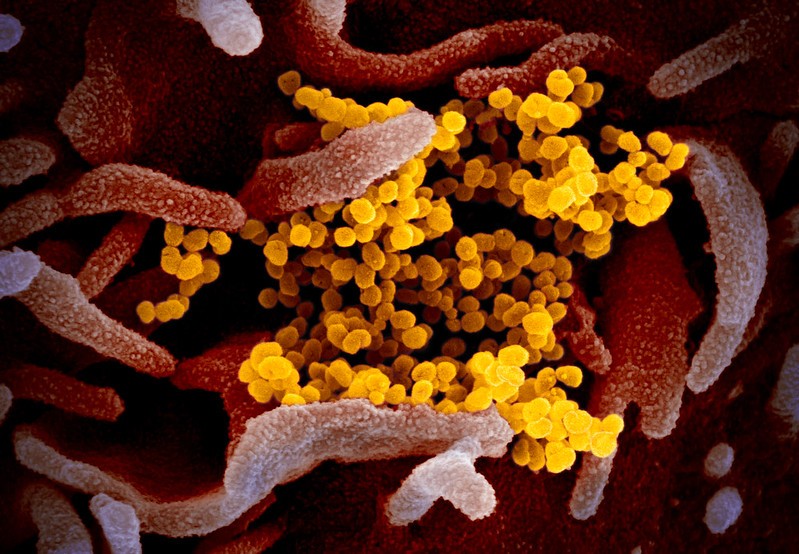Source: Nature Italy Author: Fabio Turone
Doctors in Italy are once again authorized to prescribe hydroxychloroquine to COVID-19 patients. On 11 December, the Consiglio di Stato, Italy’s highest administrative court, suspended a ban previously imposed by the drug regulator Agenzia Italiana del Farmaco (AIFA), that allowed such use of the drug only for clinical trials.
In Italy, as in most other countries, hydroxychloroquine is only approved for malaria and some auto-immune diseases. In the early phases of the pandemic it attracted interest as a possible antiviral drug against Sars-Cov2. Several clinical trials started, and in April AIFA, in line with the Food and Drug Administration in the United States, granted an emergency authorisation for its off-label use. But in late May, when clinical trials failed to prove the drug’s efficacy, AIFA suspended the authorization for use by physicians, leaving only the possibility to test the drug in clinical trials. The FDA in the USA and the MHRA in the UK have taken similar steps to revoke early authorisations of hydroxychloroquine, and the European Medicines Agency has recommended caution in using the drug, which can have serious side effects.
A group of more than 40 physicians from various Italian regions, who claim that hydroxychloroquine can stop disease progression in early-stage patients, filed a complaint to an administrative court in the Lazio region, asking for the ban to be suspended and to make the drug reimbursable by the National Health Service for Covid-19 patients. They lost, but brought the case to Consiglio di Stato, which hears appeals on administrative rulings.
The ban on hydroxychloroquine was reversed on 11 December.
“In a way, the ruling reverses the burden of proof, stating that AIFA failed to prove that the drug lacks effectiveness and safety” says Amedeo Santosusso, a former judge and president of the European Centre for Law, Science and New Technologies (ECLT) at the University of Pavia. “The court affirmed that off-label prescriptions can be restricted only when two conditions are met: when such use, based on the scientific knowledge and the experimental evidence, is not effective and not safe”.
In the ruling, the administrative judges stated that the evidence provided by AIFA on both counts was not enough to limit the individual doctors’ decisional autonomy, which Italian laws guarantee. The ruling only refers to the use of the drug in the first days since the outset of symptoms and in low dosage, stating that “it is evident that it has no effect in the late stages of the disease or for its prevention”.
According to Antonio Addis, a pharmacologist at the Epidemiology Department of Regione Lazio and a member of the technical-scientific committee of AIFA, the decision will have little impact on clinical practice. “Physicians have always been free to prescribe those drugs off-label, under their responsibility and without reimbursement” he explained. But, without an official authorisation, doctors prescribing drugs off-labels face a higher risk of legal consequences in case of adverse effects.
The ruling could further complicate clinical trials to determine the efficacy and safety of hydroxychloroquine for early-stage patients. “Last spring, we had a flood of submissions for new trials, and several were approved,” says Cinzia Caporale, head of the ethics committee of the Spallanzani hospital in Rome, which in March was tasked by the government with evaluating all Covid-related research protocols. None of the approved studies on asymptomatic infections treated with hydroxychloroquine, or the closely related chloroquine, has been completed yet. One never started, and another is struggling with numbers. “We started recruitment at the end of last spring, with the goal of involving 700 patients, but we managed to enroll fewer than 250 so far,” says Giovanni Martinelli, the scientific director of the IRST Cancer Institute in Meldola. “Around 90% of people we contact refuse to take the low-dosage we propose”. Part of the problem, he says, is that many people are already being treated off-label, and have little incentive to join the trials. Another trial at the San Raffaele Hospital in Milan did not even start for similar reasons.
This is not the end of the legal wrangling. “There are two distinct cases, and this decision only affects one, on the urgent suspension of the ban” notes Santosuosso. The other one, on the definitive cancellation of the ban and on the inclusion of hydroxychloroquine in the list of COVID-19 therapies reimbursed by the National Health Service, is yet to be decided.
Related: Coronavirus and hydroxychloroquine. A cure that works, but that is not authorized …
Council of State: yes to the use of hydroxychloroquine for the treatment of Covid:
How hydroxychloroquine works at the cellular level
‘Only a one in 17 billion chance hydroxychloroquine doesn’t work’: medical professor

